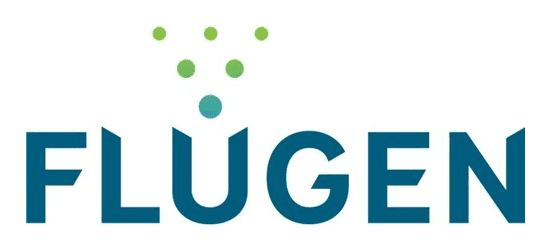07 Sep FluGen Announces Completion of First Cohort in Age De-escalation Clinical Trial of M2SR Flu Vaccine Candidate in Pediatric Subjects Ages 6 Months to 17 Years
Four leading pediatric infectious disease institutions will study M2SR vaccine response in pediatric subjects, a population in which infection rates are often highest.
 PRNewswire/ FluGen, Inc., a clinical-stage vaccine company transforming vaccine efficacy in infectious respiratory diseases, today announced the completion of enrollment of the first cohort in an age de-escalation clinical trial of M2SR (M2 Deficient Single Replication) live virus vaccine, the company’s investigational supra-seasonal intranasal influenza (flu) vaccine, in volunteers ages 6 months to 17 years old. This study is the first of its kind to evaluate M2SR in children under 9 years old, a population with the greatest rates of flu infection each year and who are at higher risk of serious complications or death. The study, funded by the National Institute of Allergy and Infectious Diseases (NIAID) Collaborative Influenza Vaccine Innovation Centers (CIVICs) program will assess safety, tolerability, and immunological response to M2SR.
PRNewswire/ FluGen, Inc., a clinical-stage vaccine company transforming vaccine efficacy in infectious respiratory diseases, today announced the completion of enrollment of the first cohort in an age de-escalation clinical trial of M2SR (M2 Deficient Single Replication) live virus vaccine, the company’s investigational supra-seasonal intranasal influenza (flu) vaccine, in volunteers ages 6 months to 17 years old. This study is the first of its kind to evaluate M2SR in children under 9 years old, a population with the greatest rates of flu infection each year and who are at higher risk of serious complications or death. The study, funded by the National Institute of Allergy and Infectious Diseases (NIAID) Collaborative Influenza Vaccine Innovation Centers (CIVICs) program will assess safety, tolerability, and immunological response to M2SR.
“Influenza can have serious complications in young children, a particularly vulnerable patient population, and there is a demonstrated need for improved vaccines that can mitigate the impact of the flu,” said Dr. James Campbell, Professor of Pediatrics at the University of Maryland School of Medicine and Principal Investigator of the study. “The M2SR vaccine candidate has already shown a robust safety profile in adults, and we look forward to advancing scientific understanding of the potential benefits of M2SR in children.”
The randomized, double-blind, dose-escalating, age de-escalating, placebo-controlled, Phase 1b study, (clinicaltrials.gov NCT04960397) is designed to evaluate a monovalent Singapore 2016 H3N2 M2SR influenza A vaccine in children. The primary endpoint is to measure the safety and tolerability of M2SR. The secondary endpoint is to assess the humoral immunogenicity (serum antibody and mucosal antibody responses) directed against the matched virus strain. The study will enroll 220 participants in three cohorts: 9-17 years old (n=45); 2-8 years old (n=115); and 6-23 months old (n=60); and will occur over two flu seasons. Participants will be randomized to receive either one or two doses of a monovalent M2SR vaccine (at increasing doses of 107, 108, or 109 TCID50) or placebo delivered intranasally. All participants will be offered the seasonal influenza vaccine at the end of the study period.



